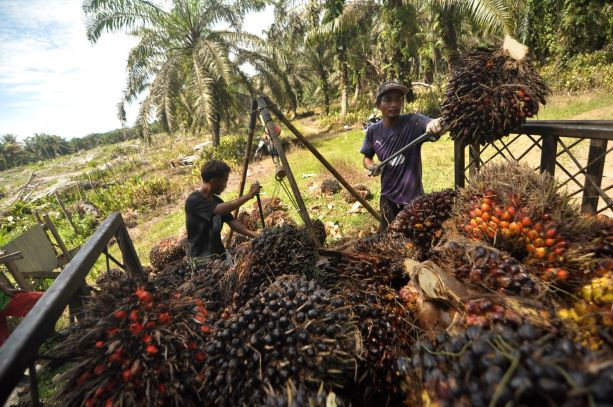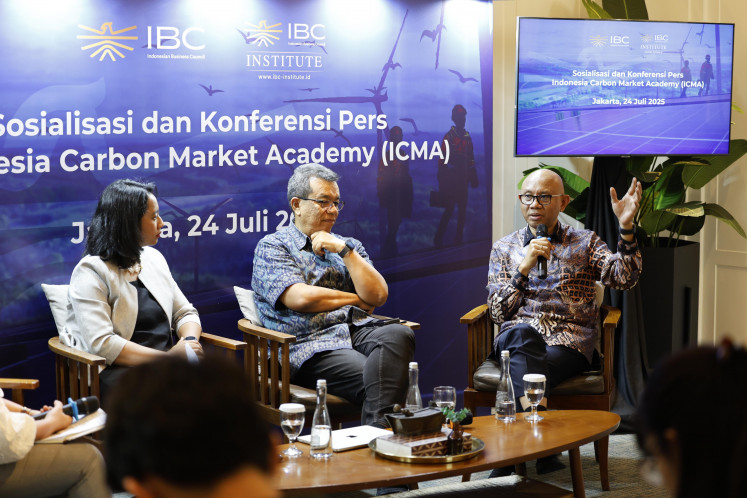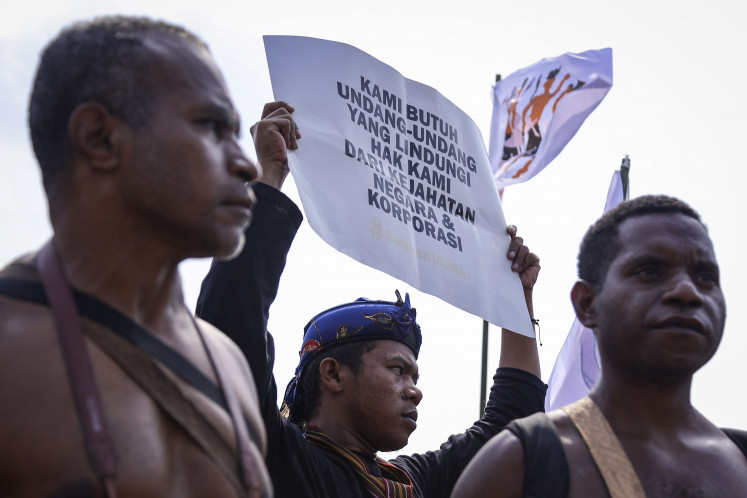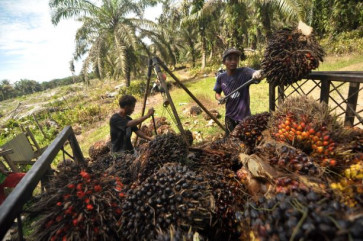Popular Reads
Top Results
Can't find what you're looking for?
View all search resultsPopular Reads
Top Results
Can't find what you're looking for?
View all search resultsA sustainable palm oil development model for Papua
The government needs to formulate a special sustainable palm oil strategy to develop Papua so the HFCL region and its people thrive and prosper, while it works to convince the international market that this development strategy falls outside of deforestation rules.
Change text size
Gift Premium Articles
to Anyone
A
s oil palm plantations can be a significant contributor to rural livelihoods in Indonesia, the government has been capitalizing on this commodity and strengthening Indonesia’s position as the global leader in palm oil production by expanding plantations. As land for new plantation investment has become scarce in Kalimantan and Sumatra, plantation developers are looking east to acquire land in Papua.
The growing interest in developing oil palm plantations in Papua presents potential opportunities, but also challenges.
Plantation development in Papua has opened up isolated areas, stimulated infrastructure development, generated employment and improved workers’ incomes. However, the indigenous communities’ reliance on forests for subsistence and their lack of familiarity with oil palm as a cash crop have proven to be a major barrier to their employment and effective engagement in this industry.
Moreover, hesitation among companies to implement the nucleus estate and smallholder (NES) scheme has further limited the involvement of local communities, widening inequality and often causing tension over land acquisition processes and resentment over low compensation. The large number of migrant workers brought in to work at plantation estates is also a source of conflict with the local population.
Plantation expansion in Papua, which has been accelerated further and has often been excessive under regional autonomy since Papua is now administratively divided into six provincial administrations, has caused deforestation and other negative environmental impacts, such as poor water quality, air pollution and soil erosion.
Lack of scrutiny by public and mainstream media on Papua development, and the region’s distance from Jakarta’s oversight, could make things go out of control.
Before the damage becomes uncontrollable, the central government should intervene to introduce a holistic sustainable development plan on a par with other regions in Indonesia. Papua, the least developed region on the country, needs a well-tested socioeconomic development program through which palm oil can bring benefits to the large Papuan population and maintain lasting peace in the region.



















